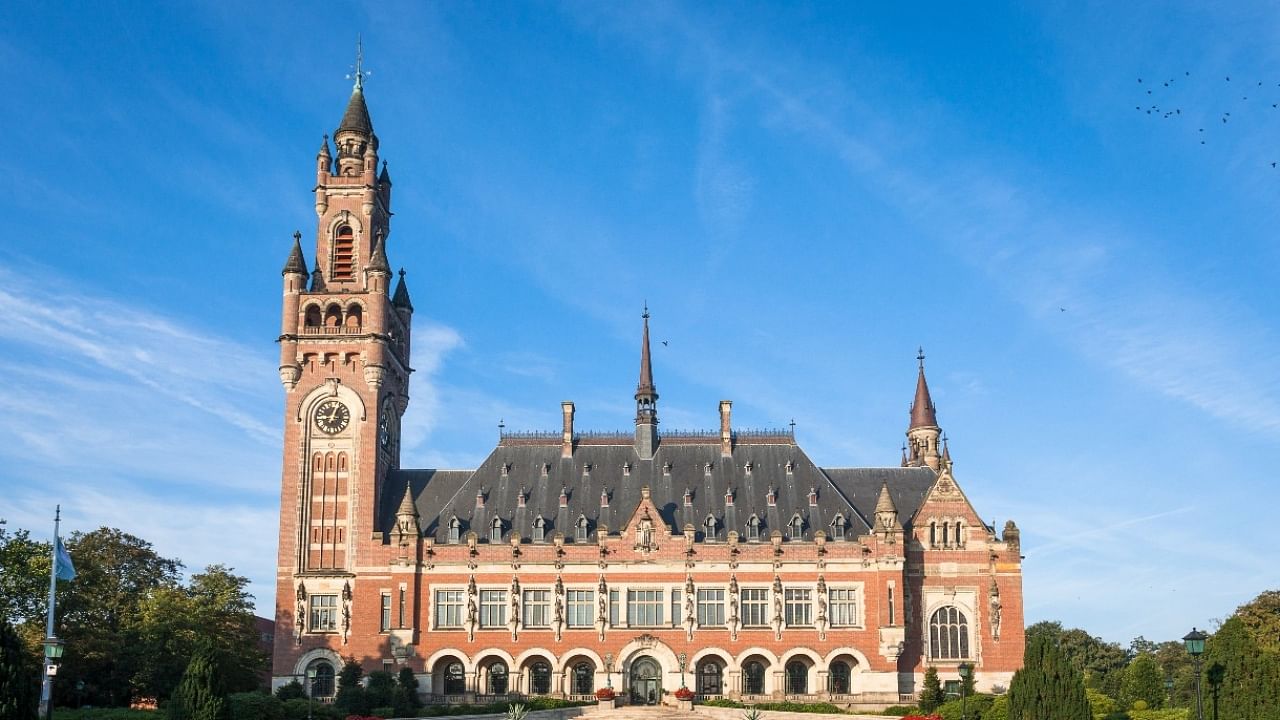
A Court of Arbitration, constituted by the World Bank in The Hague, has brushed aside New Delhi’s objections and concluded that it has the competence to adjudicate on Pakistan’s objection to the Kishenganga and Ralte hydroelectric projects of India.
New Delhi did not take part in the proceedings of the Court of Arbitration and rejected its ruling on Thursday, alleging that it had been constituted illegally. India stated that it could not be “compelled to recognize or participate in illegal and parallel proceedings”, which were not consistent with its Indus Water Treaty with Pakistan.
The Court of Arbitration, chaired by Prof Sean D Murphy, concluded that New Delhi’s refusal to participate in the proceedings and send a representative to appear before it had not deprived it of competence to adjudicate the dispute between India and Pakistan. It held that the initiation of the arbitration proceedings was in accordance with Article IX(3), (4), and (5) of the Indus Waters Treaty 1960. The Court of Arbitration was properly constituted in accordance with Paragraphs 4 to 11 of Annexure G to the Indus Waters Treaty 1960, it concluded.
New Delhi pointed out that a neutral expert, also appointed by World Bank, was already seized of its differences with Islamabad over the Kishenganga and Ratle projects. It argued that the neutral expert proceedings was the only one consistent with the Indus Water Treaty of 1960, which did not provide for parallel proceedings on the same set of issues.
“India has been participating in the Treaty-consistent Neutral Expert proceedings,” the Ministry of External Affairs stated on Thursday, rejecting the ruling of the Permanent Court of Arbitration. The last meeting of the neutral expert took place at The Hague on February 27 and 28 and the next meeting would be held in September, it added.
The Indus Water Treaty, which governs sharing of water of the common rivers by India and Pakistan, created a Permanent Indus Commission, to oversee the implementation of the agreement. It laid out distinct procedures to deal with “questions”, “differences” and “disputes”. A “question” would be resolved by the commission itself, while a neutral expert was to be appointed to settle a “difference”. A “dispute” was to be referred to the “Court of Arbitration” – an arbitral tribunal comprising seven members. The IWT assigns the World Bank, which is also a signatory of the treaty, the task of appointing a neutral expert or a Court of Arbitration when requested by either or both of the parties.
Islamabad in 2015 requested the World Bank to appoint a ‘neutral expert’ to examine its objections to the technical design features of two hydroelectric projects of India – the 330 MW Kishenganga Hydroelectric Project and 850 MW Ratle Hydro Electric Projects. it, however, in 2016 unilaterally retracted the request and proposed that a Court of Arbitration should adjudicate on its objections. New Delhi on the other hand asked the World Bank to appoint a neutral expert to settle the differences.
Since the IWT does not empower the World Bank to decide whether one procedure should take precedence over the other, it paused the process on December 12, 2016. But five-year-long efforts to work out a solution acceptable to both failed as Pakistan persistently refused to discuss its objections with India during regular meetings of the PIC. The World Bank finally acted on both requests and in October 2022 appointed Michel Lino as the neutral expert and Sean Murphy as the chairman of the Court of Arbitration.
New Delhi conveyed to Islamabad and the World Bank that the initiation of the two simultaneous processes on the same questions and the potential of their inconsistent or contradictory outcomes would create an unprecedented and legally untenable situation, which would risk endangering IWT itself. India is of the view that such parallel consideration of the same issues is not covered under any provision of IWT. This is why India has issued notice to Pakistan, seeking modification of the IWT in accordance with the Article XII (3) of the treaty itself – for the first time after it was signed in 1960.
